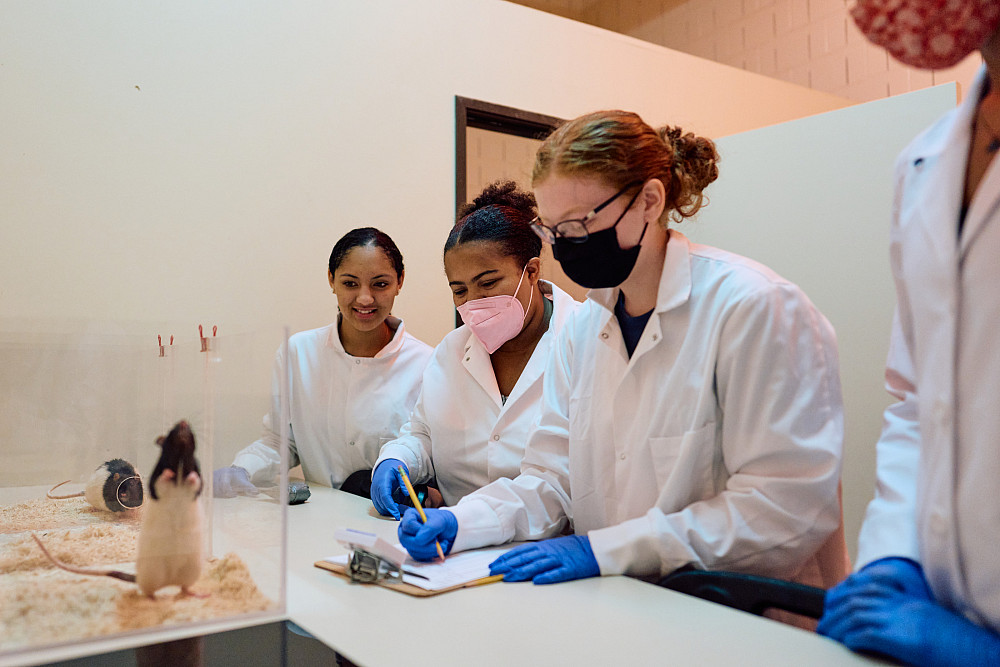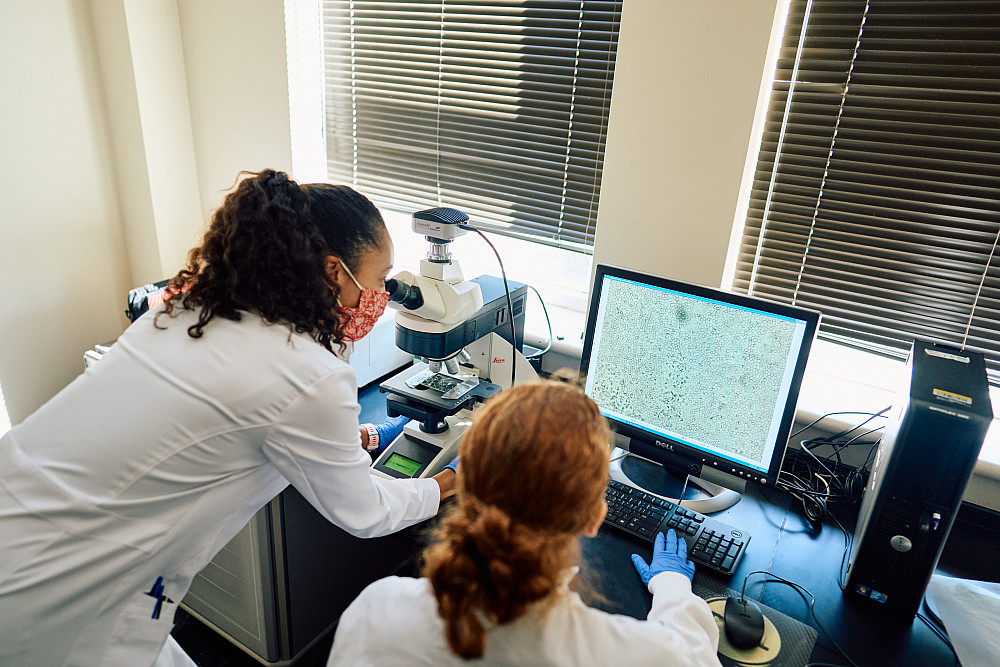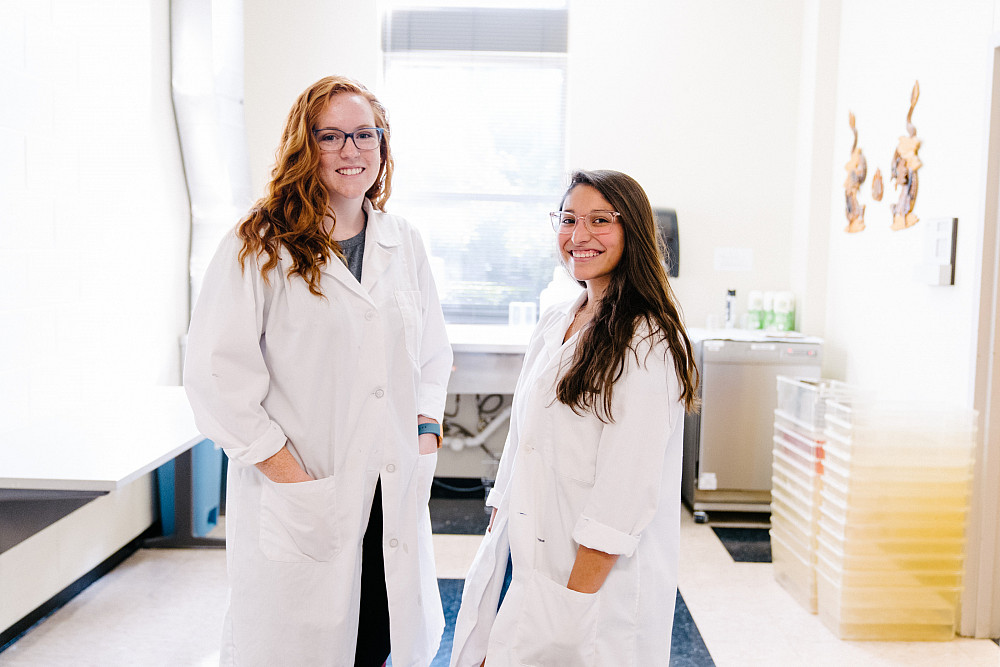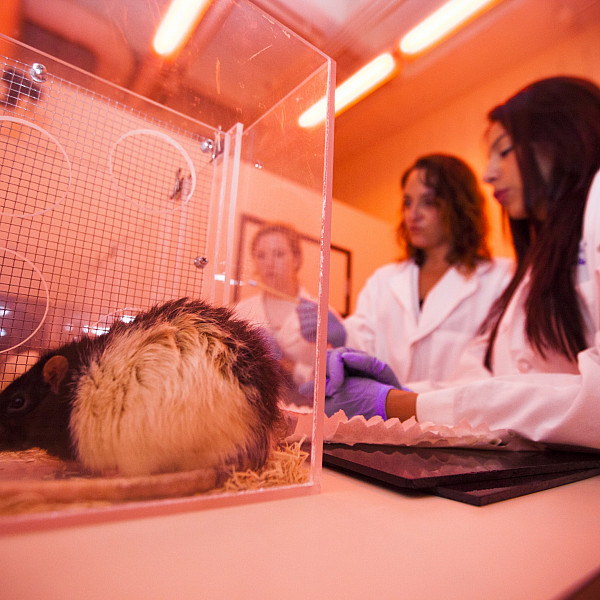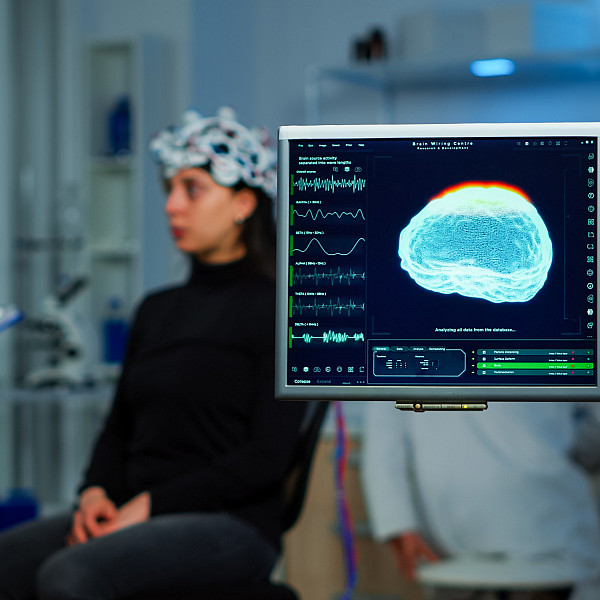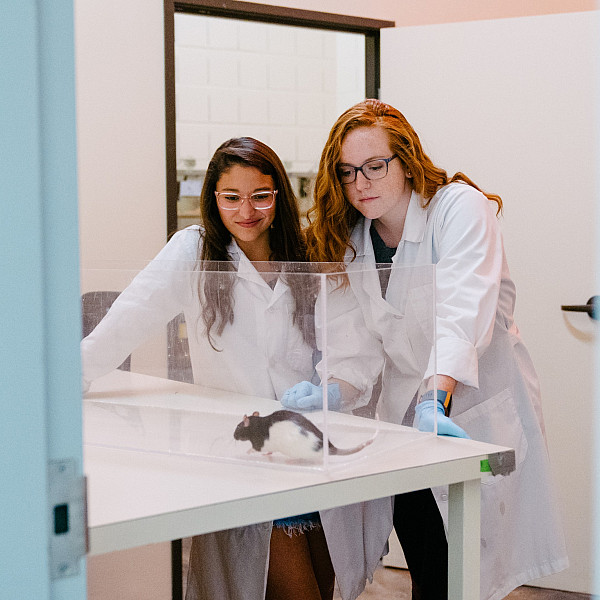The minor in neuroscience is the newest interdisciplinary minor offered at Southwestern. Faculty members from across Campus offer courses that contribute to program. The core of the program involves the collaborative efforts of neuroscientists Dr. Fay Guarraci from Psychology, Dr. Kimberly McArthur from Biology, and Dr. Jennifer Stokes from Kinesiology. Together they started the program by combining their passion for neuroscience and the courses that they teach into a program that can prepare students to pursue careers in the diverse field of Neuroscience. The Neuroscience Program offers a minor designed to explore the interdisciplinary field of neuroscience from psychological, biological, and physiological perspectives. The minor focuses on empirical approaches to the study of the brain and nervous system using a variety of scientific techniques in animals and humans. Courses in other disciplines provide students with the opportunity to apply neuroscience to a diverse range of human experiences and practices. Because neuroscience is studied from diverse perspectives, at multiple levels, and across the lifespan of human and animal species, courses that contribute to the minor include courses in the Natural Sciences, the Social Sciences, the Humanities, and the Fine Arts. Students will develop a number of technical skills necessary to conduct research in the field, as well as an appreciation for the application of neuroscience in clinical pathology, art, music, and language and linguistics.
The Neuroscience Minor curriculum is composed of three groups of courses:
- Introduction to Neuroscience: This course is designed to introduce students from diverse backgrounds to fundamental topics in neuroscience, such as the anatomy of the neuron, neurotransmission, and the structure and function of the central and peripheral nervous systems.
- Core Scientific Courses: These courses engage students in the study of neuroscience from psychological, biological, and physiological perspectives.
- Applied Courses: These courses provide students with the opportunity to apply principles of neuroscience to a broad range of areas including perception of art and music, clinical pathology, and language use.
Neuroscience is one of the Paideia Minors. Paideia provides intentional opportunities for students to integrate various academic disciplines and experiences, empowering them to develop versatile analytical abilities that lead them to become creative problem solvers who are well equipped to tackle complex issues. Paideia is not a traditional program but provides innovative, structured pathways that enable the acquisition of these invaluable skills.
All SU students are encouraged to graduate with Paideia Distinction by making Paideia a formal part of their studies. This requires completing either one of the Paideia Minors (or two High-Impact Experiences) and successfully completing a Paideia Seminar.
Graduation with Paideia Distinction formally recognizes students’ cultivated curiosity to learn, integrate multiple viewpoints, and create change. The Paideia skills that students develop make SU graduates highly sought-after by recruiters, employers, and graduate programs.
Learn more about the Paideia Seminar, how to apply for it, and how to graduate with Paideia Distinction.
















